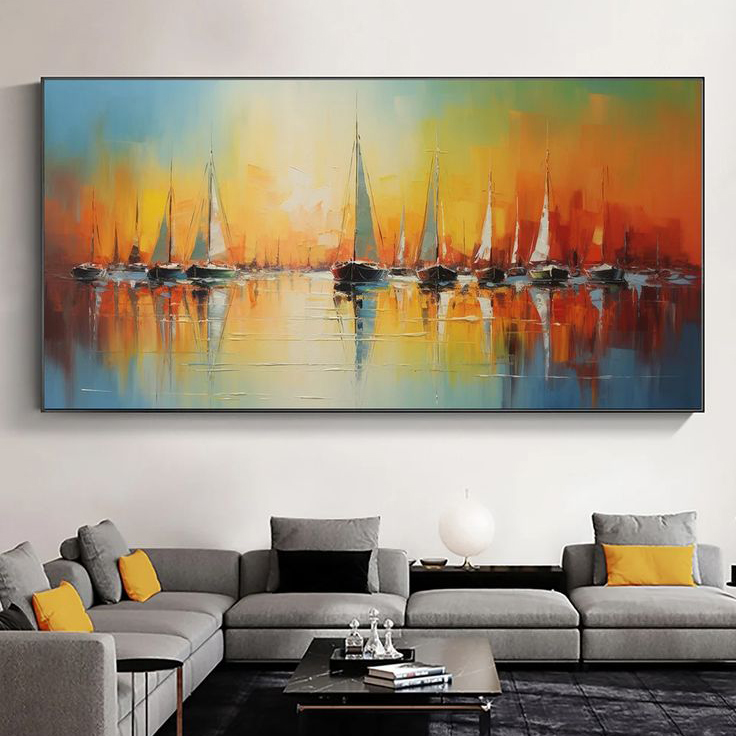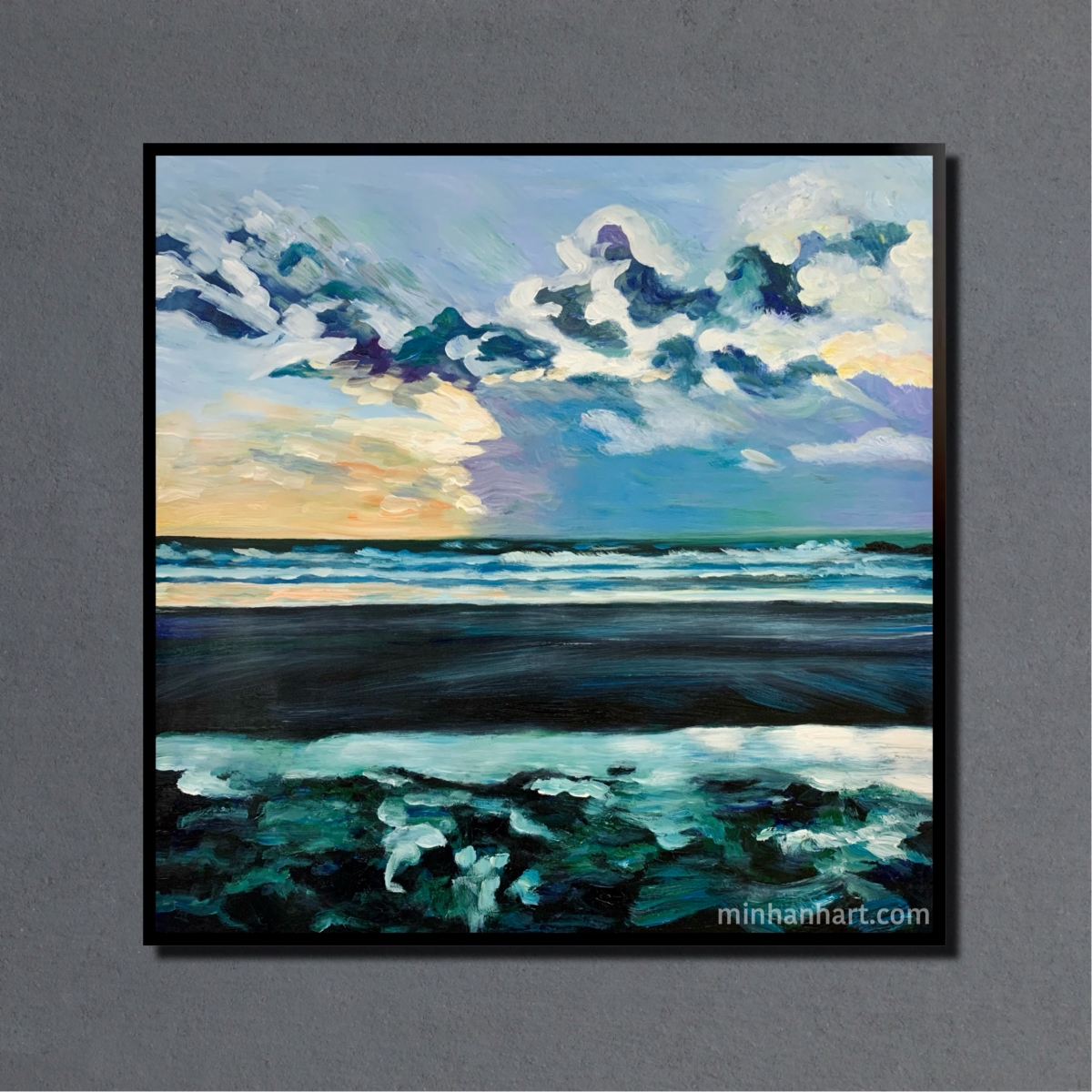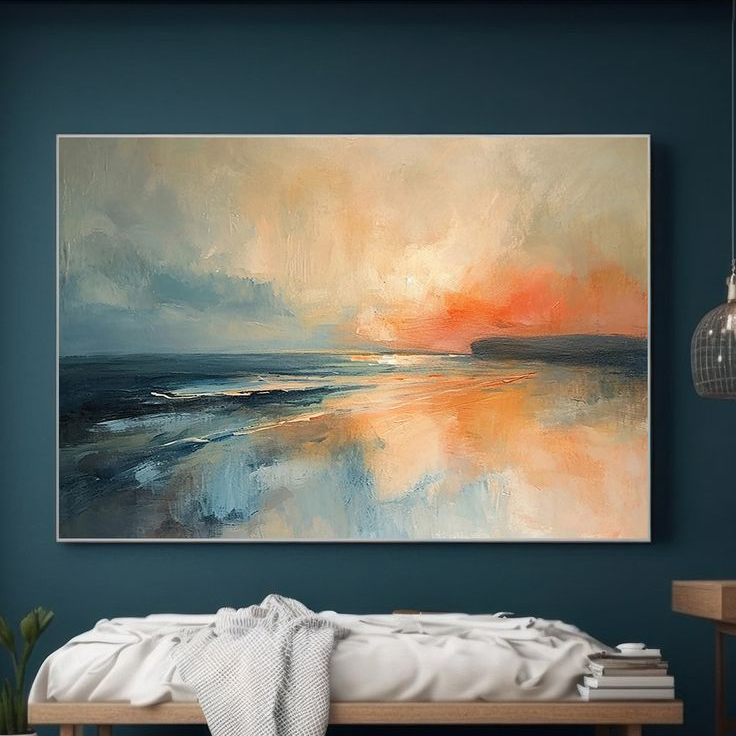Imagine walking into an ancient gallery filled with the scent of oil paint and the hush of reverence—and suddenly, a holographic display pops up beside a canvas, telling the story of the artist in their own voice. This is not science fiction. It’s the reality of today's evolving art collection gallery experience.

As art lovers seek richer ways to engage, and curators strive to preserve tradition while embracing innovation, the union of tech and timelessness is transforming how we approach the curated art collections we admire and preserve.
The classic days of art collection involved dusty archives, manual inventories, and private showcases behind velvet ropes. Fast forward to now—art collection online platforms have digitized masterpieces, allowing collectors to explore, buy, and manage art from their smartphones.
Digital integration hasn’t just streamlined logistics—it has redefined art gallery exhibitions. From interactive screens to AI-curated displays, technology is breathing new life into how we display and experience art.
Gone are the days of waiting months for provenance validation or cross-country coordination for loans. With centralized databases and digital catalogs, curators now operate with precision and speed, reaching broader audiences than ever before.
Tech has turned passive viewing into an immersive journey. Picture an AR overlay that reconstructs a ruined sculpture or an app that lets visitors vote on their favorite works. These tools are revolutionizing the way people connect with fine art collections.
While digital tools are powerful, the warmth of a wooden frame or the texture of brushstrokes remains irreplaceable. Great curation blends digital assistance with analog elegance, ensuring visitors still feel the romance of tradition.
Think of digital tools as stagehands in a theater. They spotlight the masterpieces, offer context, and vanish—letting the art shine. Whether through QR-based guides or AI narrations, the goal is to support, not steal the spotlight.

AR apps allow visitors to point their phones at artwork and see hidden layers beneath the surface. Meanwhile, VR brings virtual art gallery collection tours to your home, offering access to famous art collections from anywhere in the world.
Managing a large collection used to be a paperwork nightmare. Now, cloud-based software helps curators organize, tag, authenticate, and loan artworks with a few clicks.
RFID tags and IoT devices now track the physical condition and location of each piece, reducing damage risks and ensuring better preservation.
The Louvre and MoMA have embraced digitalization. From interactive apps to online exhibitions, these giants are setting the standard for combining history with innovation.
Boutique curators and private art galleries are often the first to experiment. At Minh Anh Art Gallery, we merge Vietnamese artistry with smart curation tools, offering global access and tailored visitor experiences.
Collectors no longer need to hop on planes to view or buy art. Online platforms now offer authenticated, high-resolution imagery and secure transactions, making global art trading more accessible than ever.
Why read about a gallery when you can walk through it virtually? With immersive tech, users can now enjoy complete guided experiences with voiceovers, artist interviews, and clickable insights.
The modern curator is part historian, part UX designer. They craft narratives that unfold across devices, turning static walls into dynamic journeys that inspire and educate.
Social media, livestreams, and digital campaigns are helping curators connect with younger, more diverse audiences. It's about making modern art collections approachable, not exclusive.
AI and analytics now help galleries understand what visitors love. By tracking engagement, curators tailor future exhibits to better serve their audience—curation meets customization.
Blockchain records are making it easier to validate artwork origins. This ensures that what you're seeing or buying has a transparent, traceable history—no room for forgeries.
AI can now analyze visitor behavior, global trends, and historical patterns to suggest what artworks should be displayed next. The art of curation is becoming data-smart.
Beyond cryptocurrencies, blockchain ensures ownership transparency for high-value art. Some galleries now offer NFTs as digital certificates for physical paintings.
While innovation is thrilling, too much tech can overwhelm the senses. Curators must walk the line between enhancement and distraction.
There's a reason people still line up to see the Mona Lisa in person. No screen can fully replicate the atmosphere of a physical gallery—tech must always serve the art, not replace it.

In this new era, technology isn’t the enemy of tradition—it’s its best ally. By merging modern tools with timeless aesthetics, curators can elevate how we experience, appreciate, and preserve art collection galleries. Whether you're viewing a canvas in person or exploring a contemporary art gallery from your couch, the fusion of old and new ensures that the soul of art remains forever alive.
1. How does technology benefit traditional art collections?
Technology enhances access, engagement, and preservation, making traditional collections more interactive and globally available.
2. Can digital platforms fully replace physical galleries?
No, but they can complement them by offering access and education beyond physical limits.
3. Are online art collections secure for buyers?
Yes. Platforms now use blockchain, encryption, and provenance verification to ensure authenticity and secure transactions.
4. What's the role of AR and VR in art curation?
They enrich storytelling, provide deeper context, and offer immersive experiences for remote audiences.
5. How can I start building a curated collection online?
Begin by visiting reputable platforms like our art collection gallery, where you can explore, learn, and invest safely.
Minh Anh Art Gallery proudly blends heritage with innovation. Visit us at 101 Bui Vien St, District 1, Ho Chi Minh City, Vietnam. Contact us at (+84) 962 720 484 or minhanhart.vn@gmail.com. Explore our full Collection at minhanhart.vn.